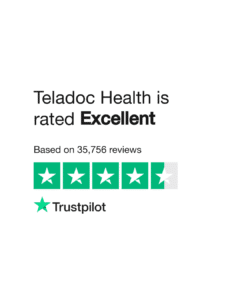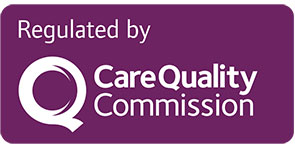In our fast-paced, stress-laden world, mental health challenges can arise at any moment. Whether it’s the grip of anxiety in the middle of the night or a surge of depression on a holiday when regular services are unavailable, the need for immediate psychological support can be so important. A 24/7 telephone helpline staffed by mental health professionals can be reassuring, offering timely, in-the-moment support to those in distress. This article explores the profound benefits of helplines to individuals, their employers, and the broader community.
- Immediate Accessibility
 One of the most significant benefits of a 24/7 mental health helpline is its accessibility. Unlike traditional therapy sessions, which require appointments and are often constrained by office hours, a helpline offers round-the-clock support. This ensures that individuals can receive help whenever they need it. Whether it’s a late-night worry or an unexpected weekend panic, there is a mental health professional ready to help.
One of the most significant benefits of a 24/7 mental health helpline is its accessibility. Unlike traditional therapy sessions, which require appointments and are often constrained by office hours, a helpline offers round-the-clock support. This ensures that individuals can receive help whenever they need it. Whether it’s a late-night worry or an unexpected weekend panic, there is a mental health professional ready to help.
- Emotional Support and Validation
Often, individuals in distress need someone to listen to them empathetically. A helpline staffed by mental health professionals offers a safe space for callers to express their feelings without fear of judgment. This emotional support and validation can be incredibly therapeutic, helping individuals feel heard, understood, and less alone in their struggles. Situations can be de-escalated, and techniques can be applied to calm and ground callers.
- Bridging Gaps in Mental Health Care
For many, access to regular mental health services can be limited by factors such as geography, financial constraints, or long waiting lists. A 24/7 helpline can bridge these gaps by providing immediate support and guidance. While it doesn’t replace ongoing therapy, it can offer critical interim assistance, helping individuals manage their symptoms until they can access more comprehensive care.
- Support During Non-Standard Hours
Mental health issues don’t adhere to a 9-to-5 schedule. Many individuals experience heightened distress during evenings, weekends, and holidays when traditional mental health services are typically unavailable. A 24/7 helpline ensures that help is always available, no matter the time or day, providing a consistent and reliable source of support.
- Resource and Referral Services
 Helplines offer more than immediate support; they also serve as valuable resources for information and referrals. Mental health professionals can inform callers about local mental health services, support groups, and other resources. This guidance can help individuals navigate the often confusing landscape of mental health care and connect them with appropriate services for their ongoing needs.
Helplines offer more than immediate support; they also serve as valuable resources for information and referrals. Mental health professionals can inform callers about local mental health services, support groups, and other resources. This guidance can help individuals navigate the often confusing landscape of mental health care and connect them with appropriate services for their ongoing needs.
- Preventing Escalation of Mental Health Issues
Timely intervention can prevent the escalation of mental health issues. By providing immediate support, helplines can help individuals manage their symptoms before they worsen, reducing the likelihood of more intensive interventions being needed. This early intervention approach promotes better long-term outcomes for individuals’ mental health.
- Empowerment and Self-Management
Mental health professionals on helplines can empower callers by teaching coping strategies and self-management techniques. These tools can help individuals gain control over their mental health, equipping them with practical skills to manage their symptoms and improve their overall well-being.
Conclusion
A 24/7 mental health helpline staffed by professionals is more than just a support service; it is a critical component of comprehensive mental health care. By offering immediate, accessible, and empathetic support, these helplines play an essential role in addressing the urgent needs of distressed individuals.

 One of the most significant benefits of a 24/7 mental health helpline is its accessibility. Unlike traditional therapy sessions, which require appointments and are often constrained by office hours, a helpline offers round-the-clock support. This ensures that individuals can receive help whenever they need it. Whether it’s a late-night worry or an unexpected weekend panic, there is a mental health professional ready to help.
One of the most significant benefits of a 24/7 mental health helpline is its accessibility. Unlike traditional therapy sessions, which require appointments and are often constrained by office hours, a helpline offers round-the-clock support. This ensures that individuals can receive help whenever they need it. Whether it’s a late-night worry or an unexpected weekend panic, there is a mental health professional ready to help. Helplines offer more than immediate support; they also serve as valuable resources for information and referrals. Mental health professionals can inform callers about local mental health services, support groups, and other resources. This guidance can help individuals navigate the often confusing landscape of mental health care and connect them with appropriate services for their ongoing needs.
Helplines offer more than immediate support; they also serve as valuable resources for information and referrals. Mental health professionals can inform callers about local mental health services, support groups, and other resources. This guidance can help individuals navigate the often confusing landscape of mental health care and connect them with appropriate services for their ongoing needs.








